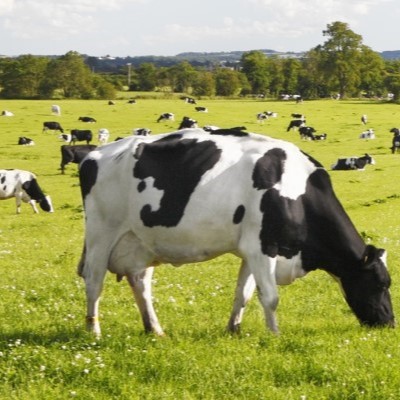CIEL | Project: SNAPP – Sustainable nutrition for animal protein productivity
Genetics | Reproduction | Behaviour | Nutrition | Health & Welfare | Productivity | Food Integrity | Environmental Impact
Lead partner: University of Leeds
Consortium partners: BioPower Technologies Limited, AgriFoodX Limited, Cranswick PLC, CIEL.
Overview
SNAPP is exploring the use of novel feed materials to increase sustainable protein production whilst improving the health and survival of piglets post-weaning. Poor growth rates and high disease incidence are associated with the early post-weaning period due to factors such as oxidative stress that causes gut damage. Sustainable alternatives to zinc oxide, added to feed as an anti-microbial and growth promoter, are required to reduce morbidity and mortality and improve subsequent growth and productivity.
The project is funded by Innovate UK as part of Defra’s Farming Innovation Programme, delivered by Innovate UK’s Transforming Food Production challenge.
Scope and impact
The project will build on prior feasibility studies where supplementation of pig feed with polyphenols provided protective effects, improving piglet gut health and survival, as well as meat quality and shelf life. Polyphenols are anti-microbial, anti-inflammatory, anti-oxidant compounds present in plant materials. Agri-food by-products (AFBPs) generated by agriculture and food processing activities are readily available for processing to provide a sustainable source of polyphenol-rich feed supplements.
Conventional methods (e.g., drying and milling) will be used to process AFBPs for inclusion in pig feed. Polyphenol extraction using previously developed sustainable methods will enable separation of polyphenols from plant fibre. These polyphenol-rich extracts can then be standardised for use as supplements.
Separation from fibre is important when feeding the young pig as high dietary fibre around weaning reduces nutrient utilisation and thus feed efficiency. The benefits of polyphenol supplementation will be examined across the pig lifespan through controlled feeding trials at the University of Leeds National Pig Centre and commercial farms at Cranswick facilities.
Successful AFBP exploitation will generate additional revenue streams for farmers, divert waste from landfill and help achieve Net Zero carbon emission targets. AFBP use will also reduce the requirement for crop production for animal feed, increasing the availability of land for human food production, further contributing to food security and supply chain resilience.
The research also offers significant opportunities for innovative animal feed formulations and new product development, helping grow the UK economy and create employment opportunities, while supporting a transition to a low-carbon circular bioeconomy.
For more information, please contact Sarah Nightingale via the enquiry form.
If you have a query about this, or any of our projects please get in touch below. To ensure your enquiry reaches the the correct team member please state who you are trying to contact.







